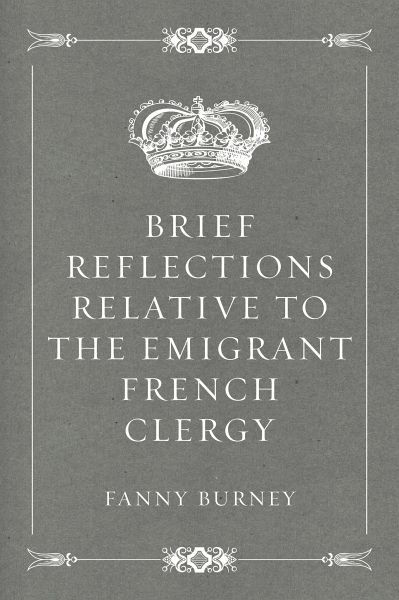Fanny Burney, an esteemed English novelist, diarist, and playwright, was born in King's Lynn, Norfolk, on June 13, 1752. Daughters of Charles Burney, a well-known music historian, she was immersed in the intellectual circles of her day. Often known as Frances Burney, she received little formal education but was nonetheless an avid reader, cultivating her literary talents. Burney's satirical, engaging, and detailed prose style has been acknowledged by literary scholars as combining elements of eighteenth-century narrative with nascent Romanticism. She achieved literary fame with her first novel, 'Evelina' (1778), capturing the intricacies of upper-class society through a comedic lens. Her subsequent works, 'Cecilia' (1782), 'Camilla' (1796), and 'The Wanderer' (1814), reinforced her position as a prominent author, balancing social commentary with psychological depth in her characters. Beyond fiction, Burney's 'Brief Reflections relative to the Emigrant French Clergy' (1793) evinces her engagement with contemporary political and humanitarian issues, offering insights into her sympathy for the plight of displaced French clergy during the French Revolution. Eventually, her extensive journals and letters would serve as valuable documents for historians regarding eighteenth-century life. Burney passed away on January 6, 1840, leaving behind a rich legacy influencing future generations, including Jane Austen and Virginia Woolf.















